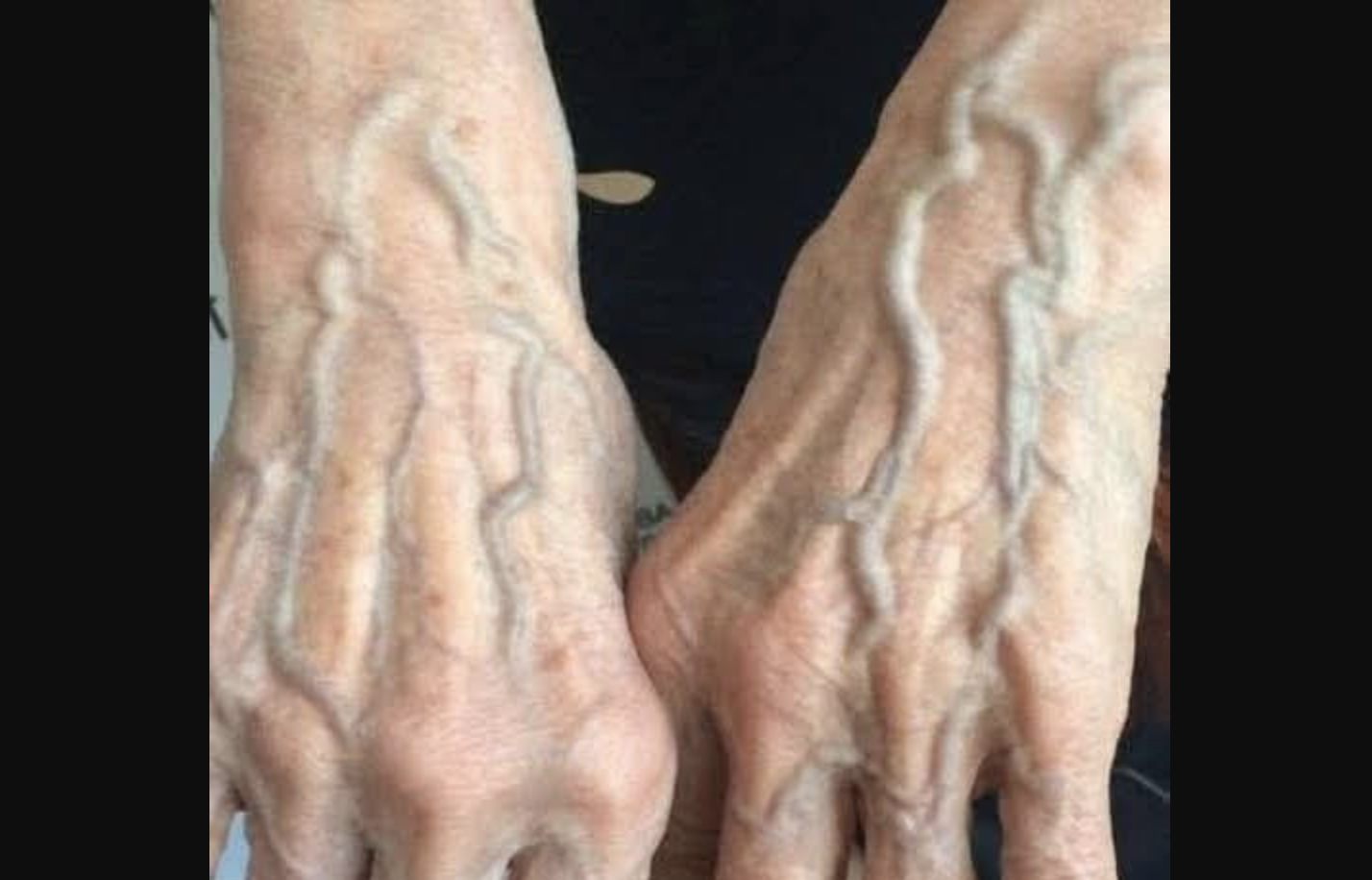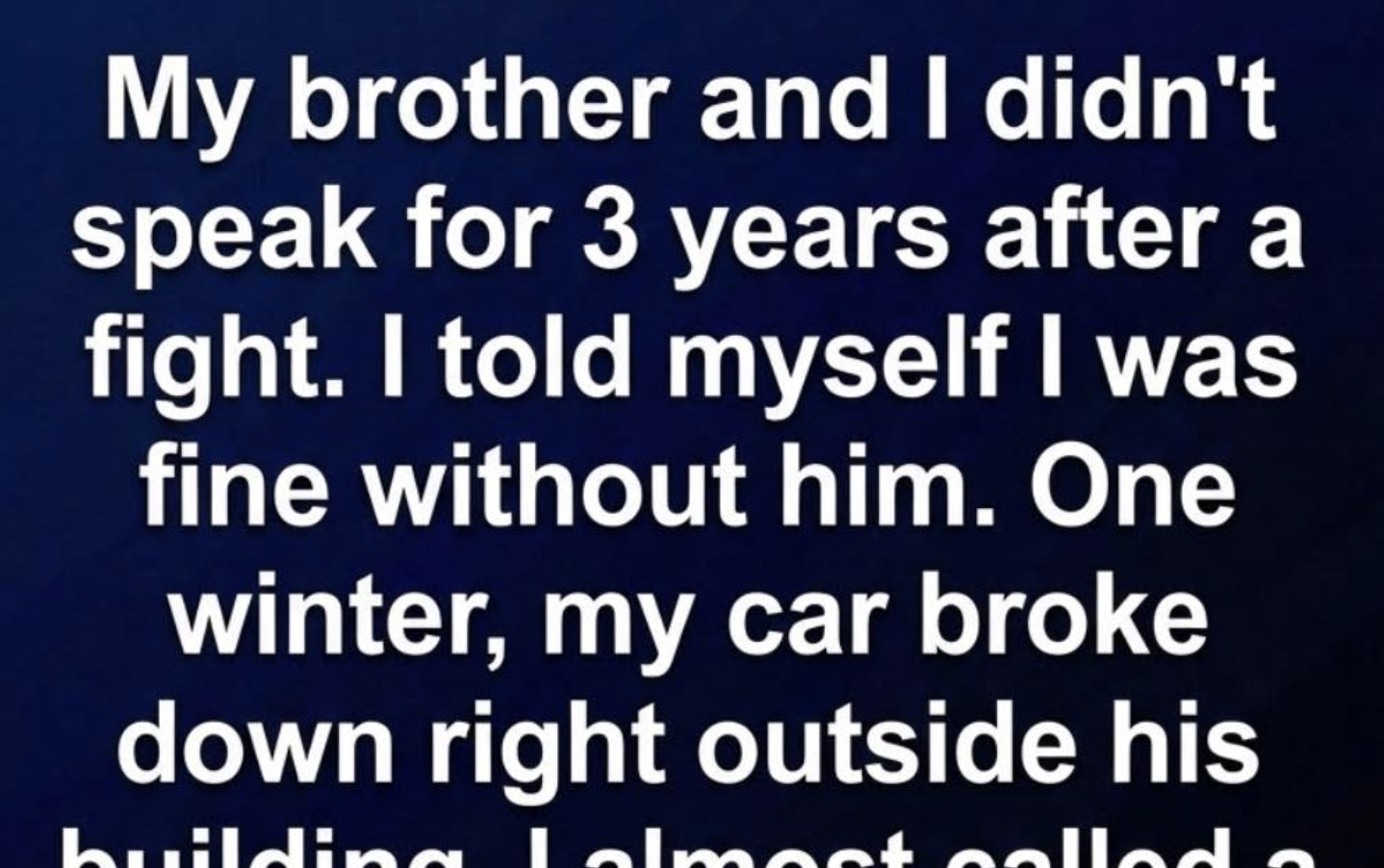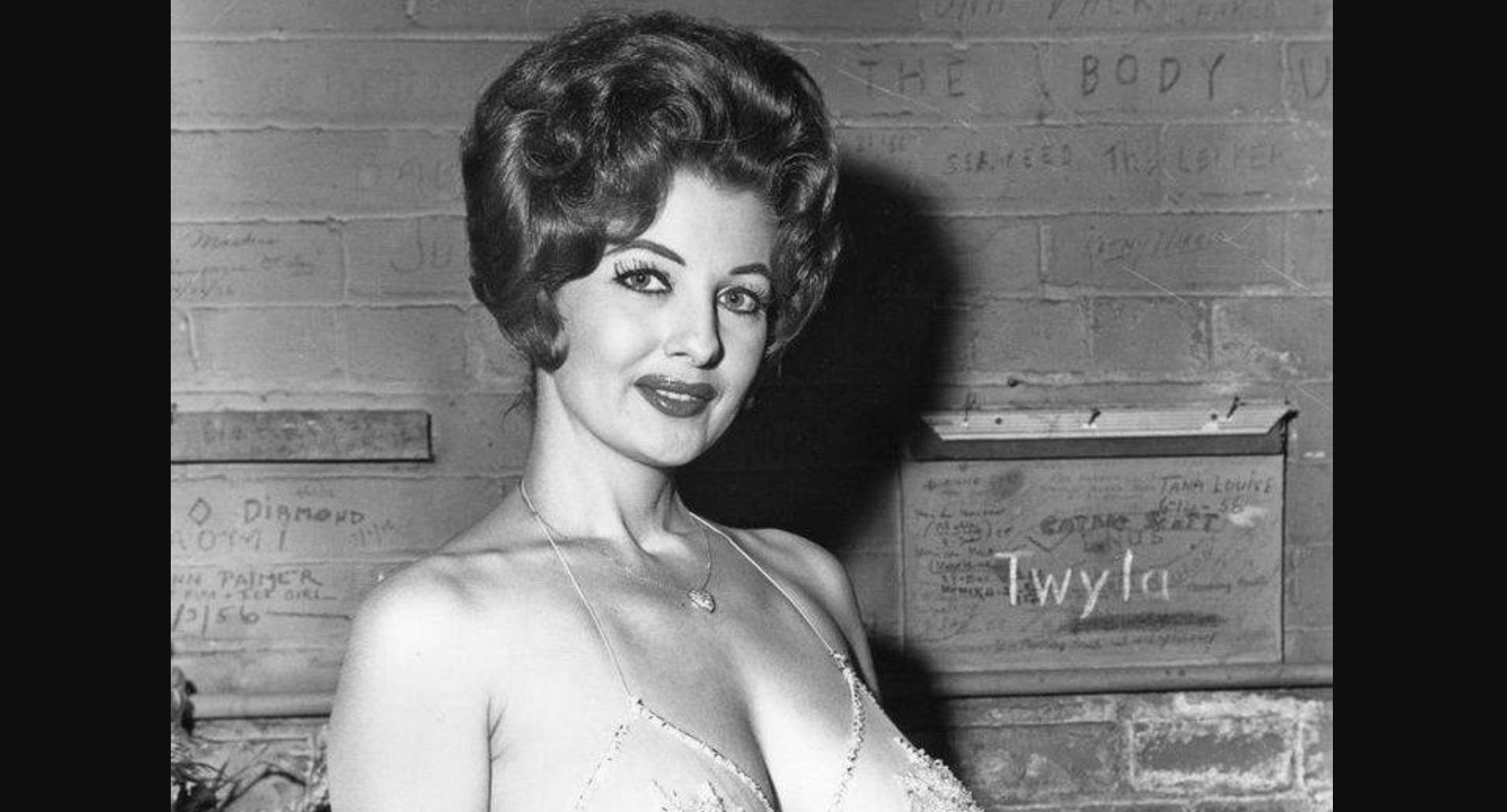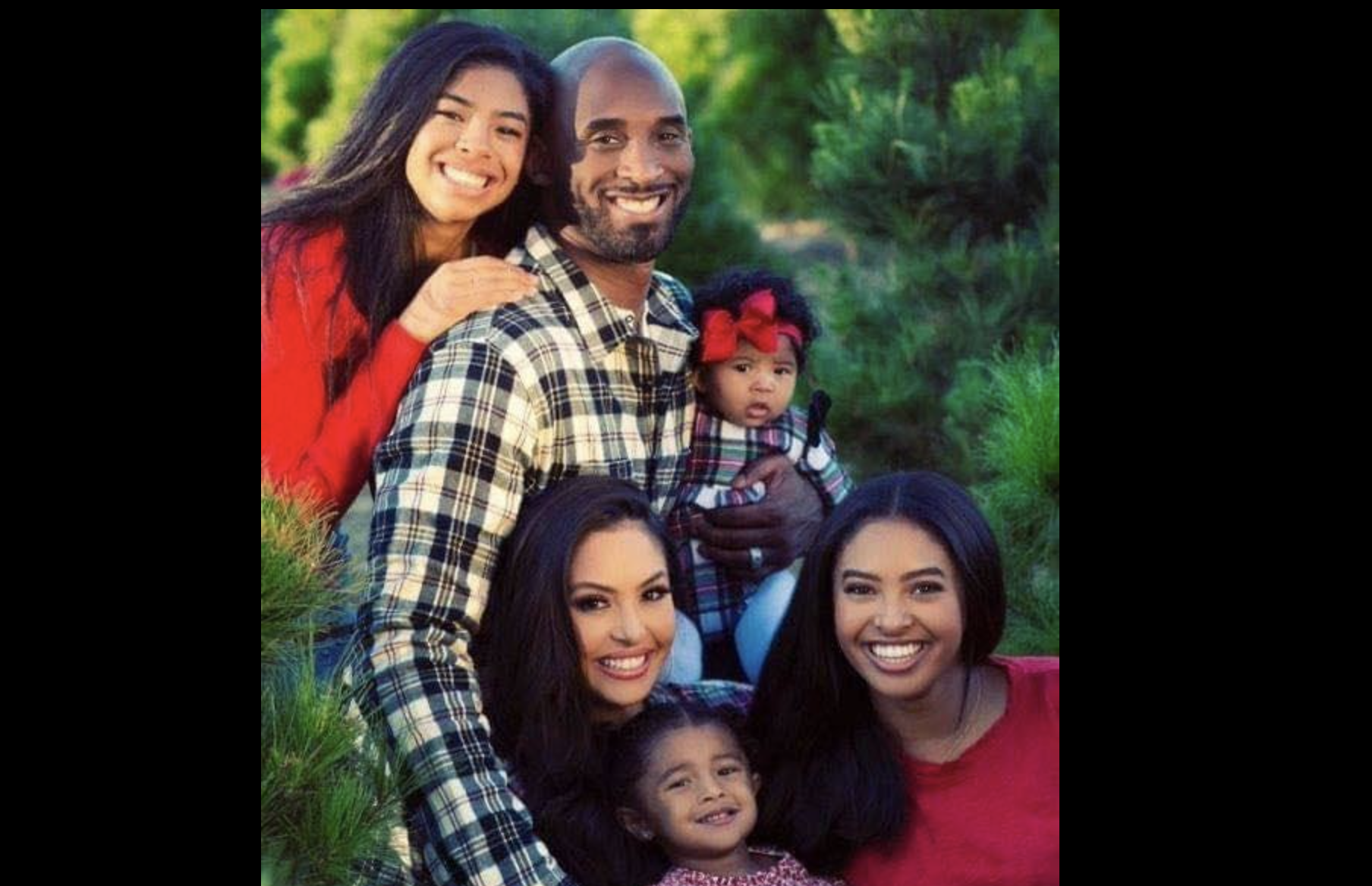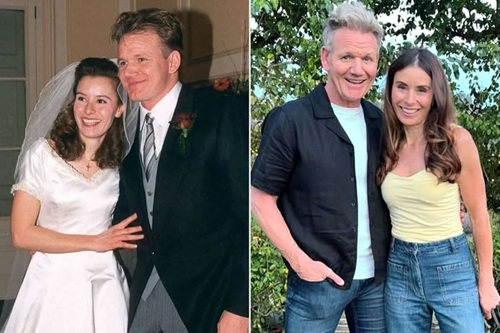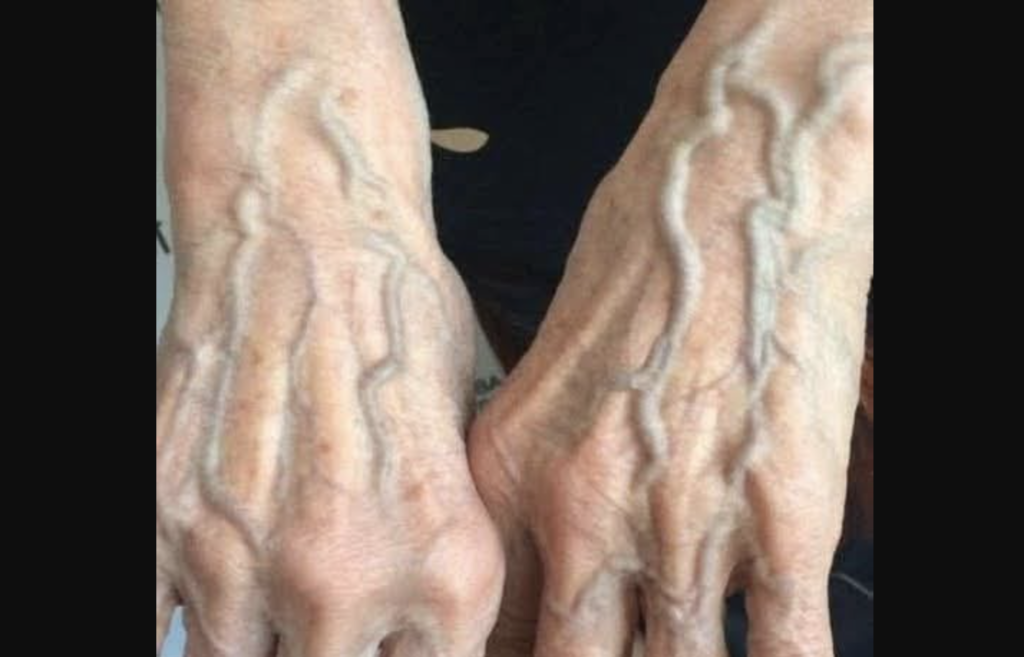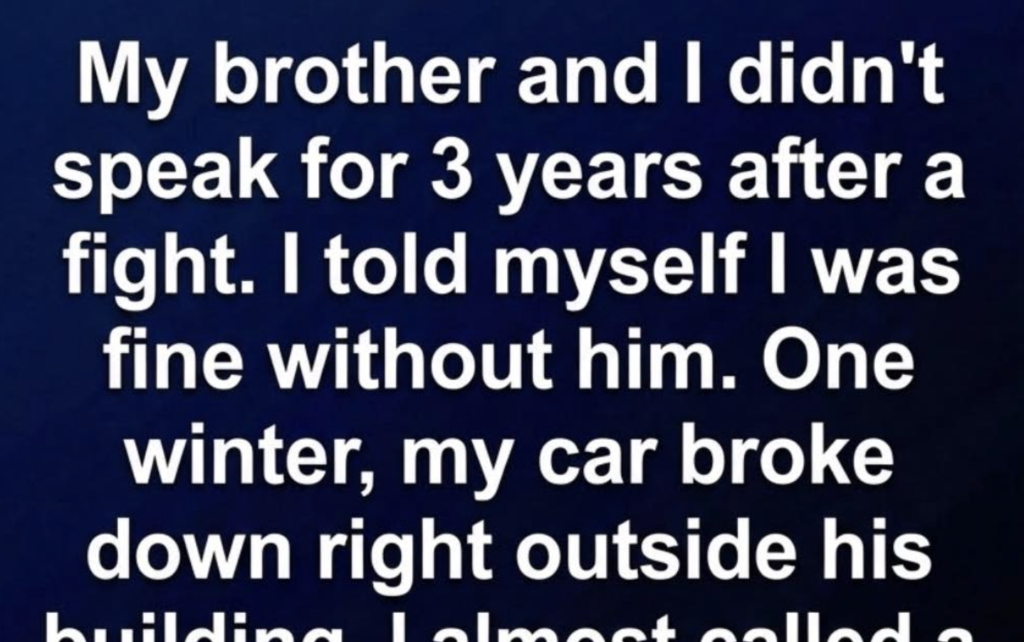The overhead lights in the examination room glowed softly, casting a faint hum that echoed like a restless moth trapped in a jar. Emma Harris shifted on the padded table, her hand gently resting on her swollen belly. At thirty-eight weeks pregnant, she felt a mix of exhaustion and eager hope—this visit was supposed to be her last before meeting her baby girl.
Dr. Alan Cooper, her trusted obstetrician for nearly a year, stood by the ultrasound machine. Typically, his voice carried steady confidence during scans—“here’s the head, there’s the heartbeat”—but today, it faltered. His hand, gripping the probe, trembled noticeably.
“Is something wrong?” Emma asked, her voice tight.
“You need to leave this place and distance yourself from your husband,” he replied.
“What? Why—what do you mean?”
Dr. Cooper took a deep breath and turned the screen toward her. The grainy black-and-white image showed her baby’s delicate profile—tiny fists tucked near the chest, perfectly formed. But Emma’s breath caught, not at the sight of her child, but at a faint shadow behind the image—a mark resembling scar tissue etched across the baby’s cheek, as if something had pressed against her womb with unsettling strength.
“You’ll see what I mean,” he said, withdrawing the probe.
His hands shook as he cleaned the gel from her stomach. “Emma, I can’t explain everything here. This isn’t a medical concern—it’s about safety. Yours and the baby’s. Do you have a safe place to go?”
Safety? From Michael? Her husband of five years, who brewed her herbal teas nightly and spoke softly to the baby through her belly?
Her mind reeled, but she nodded. “My sister. She’s across town.”
“Go there now. Don’t stop at home first.”
Emma dressed in silence, her pulse racing, her thoughts tangled with questions she couldn’t voice. Dr. Cooper’s pale, shaken expression silenced her demands for clarity. As she left, he pressed a folded note into her hand. She waited until she was in her car, trembling, the engine off, to read it.
Three words: “Trust what you know.”
Emma drove from the clinic, leaving behind the home she’d cherished, the husband she thought she understood, and a life that now felt like a carefully woven illusion.
At her sister Claire’s townhouse, Emma sank onto the couch, trembling. Claire, a night-shift nurse, was still home. Her eyes widened as Emma recounted Dr. Cooper’s warning.
“Em, you can’t assume he’s right. Maybe it’s a mistake. Maybe—”
“No,” Emma interrupted. “You didn’t see his face. He was certain.”
For two days, Emma ignored Michael’s calls. His voicemails swung from desperate concern—“Where are you? I’m worried sick”—to sharp, controlled anger—“This isn’t a game, Emma. Call me.”
On the third day, Claire suggested digging deeper. Using her hospital ID, she accessed public medical records and searched for Dr. Cooper. They found it: a hushed malpractice case from six years prior, involving another pregnant woman. Details were scarce, but the complaint noted the father’s abusive behavior—uncovered by Dr. Cooper during routine prenatal visits.
Emma’s stomach churned. Her mind flashed to the ultrasound, that eerie scar-like shadow. Could it stem from external pressure—Michael’s hands pressing too hard when no one was looking?
Memories flooded in: his insistence on rubbing her belly “to bond with the baby,” the bruises she’d dismissed as accidents, the night she woke to his murmurs, his grip far too tight.
She hadn’t wanted to notice then. Now, she couldn’t look away.
Claire pushed her to meet a hospital social worker. The woman explained that prenatal abuse often left subtle signs—bruises, fetal stress, or sonographic hints of unnatural pressure.
When Emma shared Dr. Cooper’s warning, the social worker nodded gravely. “He’s protected others before. He likely saw the signs again.”
Emma broke down. The betrayal stung deeply—yet returning home felt impossible.
That night, she answered Michael’s call, saying she was safe but needed time. His voice turned cold.
“Who’s putting these ideas in your head? You think you can take my child and disappear?”
My child, not our child. Her blood chilled.
Claire ended the call and helped Emma contact the police to request a protective order.
The next morning, officers accompanied Emma to gather belongings from the house. Michael was absent, but the nursery told its own story: shelves lined with baby books, but a lock on the inside of the door—operable only from the hallway.
Emma stepped back, nausea rising.
This wasn’t about control. It was about captivity.
The weeks that followed were a whirlwind of court dates, police reports, and sleepless nights. Michael denied everything, portraying Emma as confused, manipulated. But evidence mounted: photos of her bruises, Claire’s testimony, and the chilling lock in the nursery.
A judge granted a permanent restraining order, barring Michael from approaching Emma or their baby.
In early October, Emma gave birth to Sophia Grace, a healthy girl, surrounded by Claire and a caring team of nurses. The labor was grueling, but Sophia’s cry filled the room, and Emma felt a weight lift, as if she could finally breathe.
Dr. Cooper visited later, his face softening at the sight of the baby. “She’s perfect,” he said, relief evident. Through tears, Emma thanked him. His quiet warning had pulled her from a hidden nightmare.
Healing took time. Postpartum emotions mixed with trauma, leaving her fragile. Therapy brought stability, and Claire—fierce and devoted—handled night feedings so Emma could rest.
Gradually, Emma rebuilt. She started an online child psychology program, driven to understand trauma and help other women who’d faced her ordeal.
Months later, a letter arrived from Dr. Cooper: “You trusted your instincts. That saved you. Never doubt that strength.”
Emma slipped the note into Sophia’s baby book. One day, she’d share the story—not of fear, but of survival’s hard-won strength.
By spring, Emma settled into a sunlit apartment. The nursery was small, serene, and safe: no locks, no shadows—only light.
Watching Sophia sleep, Emma felt something new and fierce growing within. Not fear. Not sorrow. But resilience, forged through trials.
Michael might linger somewhere, bitter and unchanged. But he no longer defined her story.
That story now belonged to Emma and Sophia—a tale of escape, endurance, and a future illuminated not by fear, but by trust. Trust in herself, in truth, and in the life she was free to build.


